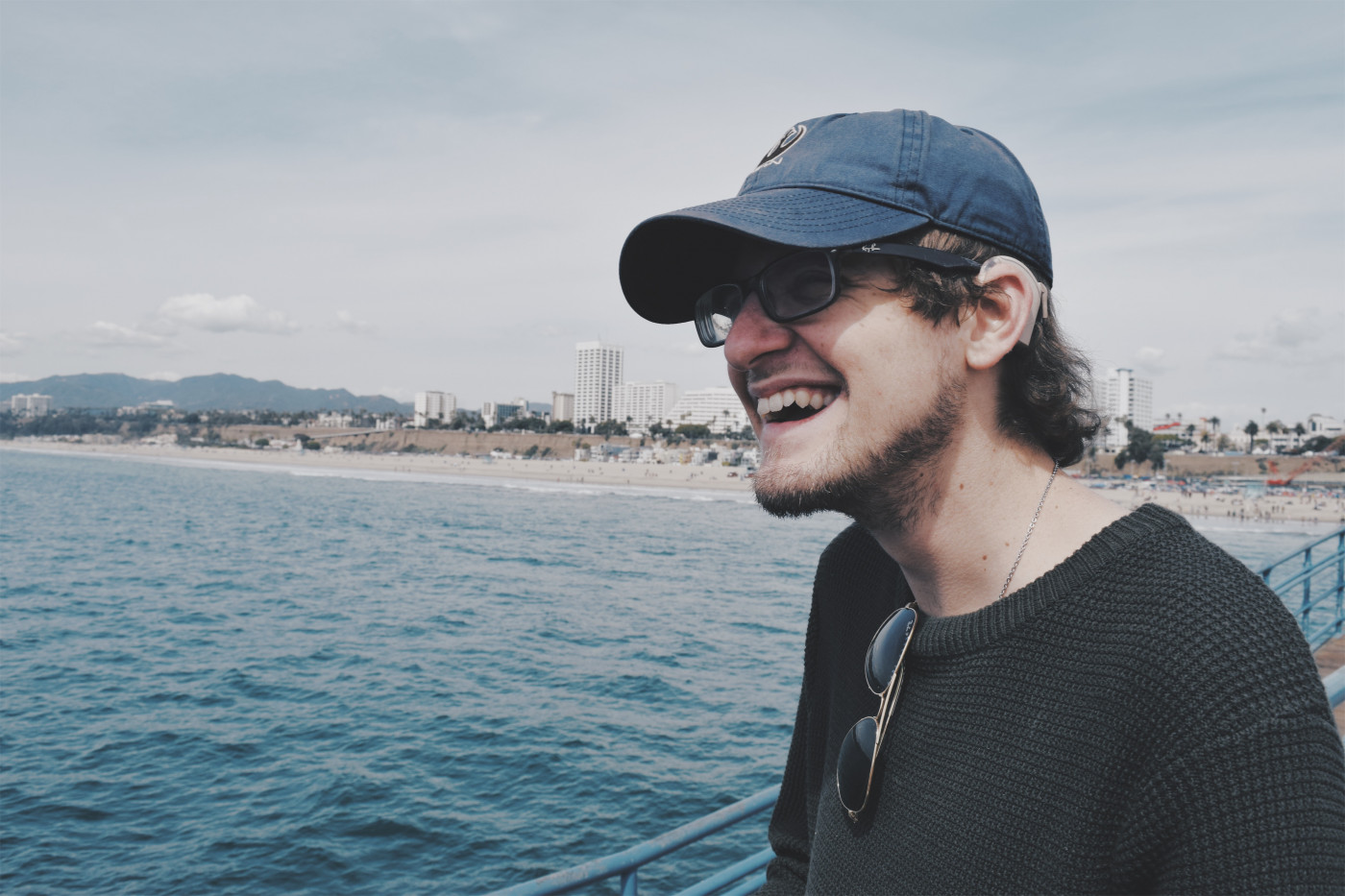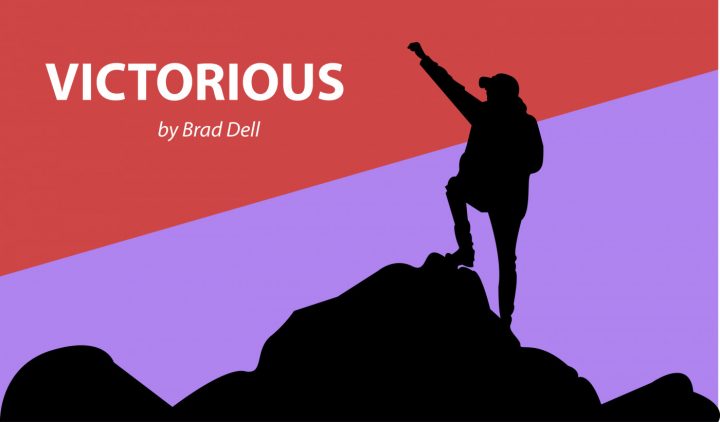CF Treatments Made Me Deaf, but Sound Is More Beautiful Than Ever Before
Written by |

(Photo by Bianca Bystrom-Pino)
Fall 2010
I’ll never forget the morning I couldn’t understand what my friends said as we waited for classes to begin. I’ll never forget calling Mom, phone pressed to my right ear, and not understanding what she said, either. Or my heaving sobs as friends looked on. Or Mom texting me many minutes later to say my doctor believed the aminoglycoside antibiotic called amikacin, injected via IV, may have damaged my hearing.
The audiologist confirmed profound deafness in my right ear and minimal deafness in my left. I stopped the IV amikacin.
February 2016
I’ll never forget the morning I didn’t wake up on time for class. I’ll never forget staring at my phone and realizing my alarm had been going off for 40 minutes. I couldn’t hear it. I’ll never forget the silent ambulance driving past with lights blaring and feeling my eardrums hurt. High-pitched sounds didn’t register with my ears. The next week, the world sounded like it was underwater. I emailed my CF doctor, and she believed I had swimmer’s ear.
The audiologist couldn’t confirm the cause of my hearing loss, but they gave me steroids in the hopes that we could preserve some of my hearing, maybe even restore it, by reducing ear inflammation.
April 2016
I’ll never forget being told my new hearing loss was permanent; that both ears were now profoundly deaf. I’ll never forget my outrage when people told me things would be OK; when I furiously replied that I’d lost one-fifth of myself. I tore my dorm room apart, turning over my desk and screaming at God, demanding to know why lightning would strike twice, no, three times — my disease, my right ear, my left ear.
The audiologist later handed me a hearing aid that didn’t do much aside from making unintelligible noises louder. I sat in a parked car, next to a park, with my girlfriend at the time, and cried as she played my favorite music. I could barely hear it, even with the volume blaring on maximum.
June 2016
I’ll never forget being told I was “running out of options.” I’ll never forget being told I’d need to restart IV amikacin and release what little hearing remained. My Mycobacterium abscessus grew in strength, and I was dying. I’d already given up my beloved journalism career because I couldn’t interview without listening.
The audiologist said cochlear implants, which allow the deaf to hear, were a possibility for me. We booked the surgery, but my CF specialist called it off, saying she had “a bad feeling” about the procedure. She hospitalized me.
Hours later, then weeks later
I’ll never forget the hallucinations that ripped my brain apart or the fiery brand sizzling on my chest or the hands pushing me into my bed and strapping me down. I’ll never forget my doctor holding up writing that said my port-a-cath was infected. After days of hallucinations and ICU delirium, after the septic shock, sanity was finally restored. I was so weak that I couldn’t even sit up. I needed a lung transplant and every center my doctor called rejected me.
The audiologist didn’t need to say anything. I’d die deaf. Without music or my parents’ voices or laughter. For 44 days, I sat in my Hawaii hospital room and cried.
September 2016
I’ll never forget the day of nothing. Hearing absolutely nothing. The remainder of my hearing had leaked out my ears as more amikacin doses leaked into my veins. I’d just arrived in San Francisco, finally given a chance at transplant by the University of California, San Francisco. I was under evaluation, but not guaranteed placement on the organ waitlist.
A transplant doctor by the name of Jeffrey Golden picked up the phone when my Hawaii doctor called the center. His son was named Bradley, too, and he had cochlear implants. Dr. Golden said he’d get me new lungs and “new ears.” He presented my case at a conference in Ireland, calling me his “project.”
September 2017
I’ll never forget the cochlear implant activation — a series of beeps in my head. I’ll never forget the spoken numbers and days and months, all somehow sounding so sacred. Or sobbing with deep breaths from my donor’s lungs with the thought, I made it. Or hearing Dad’s voice for the first time in a year and a half — the voice I’d memorized long before I could even form the word “Dada.” Most things sounded robotic, but Dad sounded perfect.
The audiologist said that was the worst sound would be; my hearing would steadily increase day by day until everything sounded normal. She was right.
September 2018
I sit at a beach in my car, music blasting as I watch the sunset in between writing these paragraphs. Everything sounds perfect. Everything sounds more beautiful than it did before I lost sound. I’ll never forget where I came from. I’ll never take sound for granted.
Follow my adventures on my Facebook page and Instagram.
***
Note: Cystic Fibrosis News Today is strictly a news and information website about the disease. It does not provide medical advice, diagnosis, or treatment. This content is not intended to be a substitute for professional medical advice, diagnosis, or treatment. Always seek the advice of your physician or other qualified health provider with any questions you may have regarding a medical condition. Never disregard professional medical advice or delay in seeking it because of something you have read on this website. The opinions expressed in this column are not those of Cystic Fibrosis News Today, or its parent company, Bionews Services, and are intended to spark discussion about issues pertaining to cystic fibrosis.








Leave a comment
Fill in the required fields to post. Your email address will not be published.